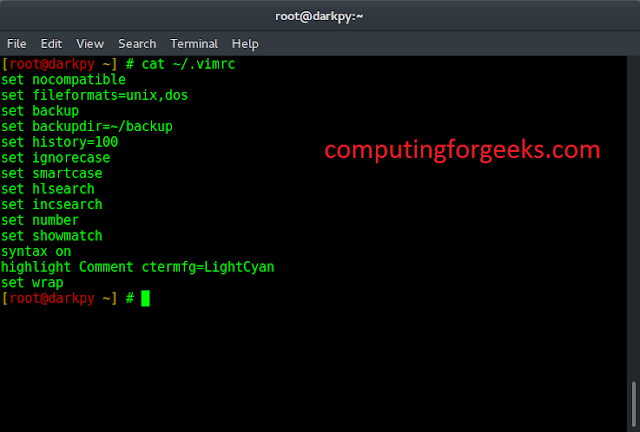Given an array of integers, evaluate queries of the form LCM(l, r). There might be many queries, hence evaluate the queries efficiently.
LCM (l, r) denotes the LCM of array elements
that lie between the index l and r
(inclusive of both indices)
Mathematically,
LCM(l, r) = LCM(arr[l], arr[l+1] , ......... ,
arr[r-1], arr[r])
Examples:
Inputs : Array = {5, 7, 5, 2, 10, 12 ,11, 17, 14, 1, 44}
Queries: LCM(2, 5), LCM(5, 10), LCM(0, 10)
Outputs: 60 15708 78540
Explanation : In the first query LCM(5, 2, 10, 12) = 60,
similarly in other queries.
A naive solution would be to traverse the array for every query and calculate the answer by using,
LCM(a, b) = (a*b) / GCD(a,b)
However as the number of queries can be large, this solution would be impractical.
An efficient solution would be to use segment tree. Recall that in this case, where no update is required, we can build the tree once and can use that repeatedly to answer the queries. Each node in the tree should store the LCM value for that particular segment and we can use the same formula as above to combine the segments. Hence we can answer each query efficiently!
Below is a solution for the same.
Java
// LCM of given range queries // using Segment Tree class GFG { static final int MAX = 1000; // allocate space for tree static int tree[] = new int[4 * MAX]; // declaring the array globally static int arr[] = new int[MAX]; // Function to return gcd of a and b static int gcd(int a, int b) { if (a == 0) { return b; } return gcd(b % a, a); } // utility function to find lcm static int lcm(int a, int b) { return a * b / gcd(a, b); } // Function to build the segment tree // Node starts beginning index // of current subtree. start and end // are indexes in arr[] which is global static void build(int node, int start, int end) { // If there is only one element // in current subarray if (start == end) { tree[node] = arr[start]; return; } int mid = (start + end) / 2; // build left and right segments build(2 * node, start, mid); build(2 * node + 1, mid + 1, end); // build the parent int left_lcm = tree[2 * node]; int right_lcm = tree[2 * node + 1]; tree[node] = lcm(left_lcm, right_lcm); } // Function to make queries for // array range )l, r). Node is index // of root of current segment in segment // tree (Note that indexes in segment // tree begin with 1 for simplicity). // start and end are indexes of subarray // covered by root of current segment. static int query(int node, int start, int end, int l, int r) { // Completely outside the segment, returning // 1 will not affect the lcm; if (end < l || start > r) { return 1; } // completely inside the segment if (l <= start && r >= end) { return tree[node]; } // partially inside int mid = (start + end) / 2; int left_lcm = query(2 * node, start, mid, l, r); int right_lcm = query(2 * node + 1, mid + 1, end, l, r); return lcm(left_lcm, right_lcm); } // Driver code public static void main(String[] args) { //initialize the array arr[0] = 5; arr[1] = 7; arr[2] = 5; arr[3] = 2; arr[4] = 10; arr[5] = 12; arr[6] = 11; arr[7] = 17; arr[8] = 14; arr[9] = 1; arr[10] = 44; // build the segment tree build(1, 0, 10); // Now we can answer each query efficiently // Print LCM of (2, 5) System.out.println(query(1, 0, 10, 2, 5)); // Print LCM of (5, 10) System.out.println(query(1, 0, 10, 5, 10)); // Print LCM of (0, 10) System.out.println(query(1, 0, 10, 0, 10)); }} // This code is contributed by 29AjayKumar |
Output:
60 15708 78540
Please refer complete article on Range LCM Queries for more details!




